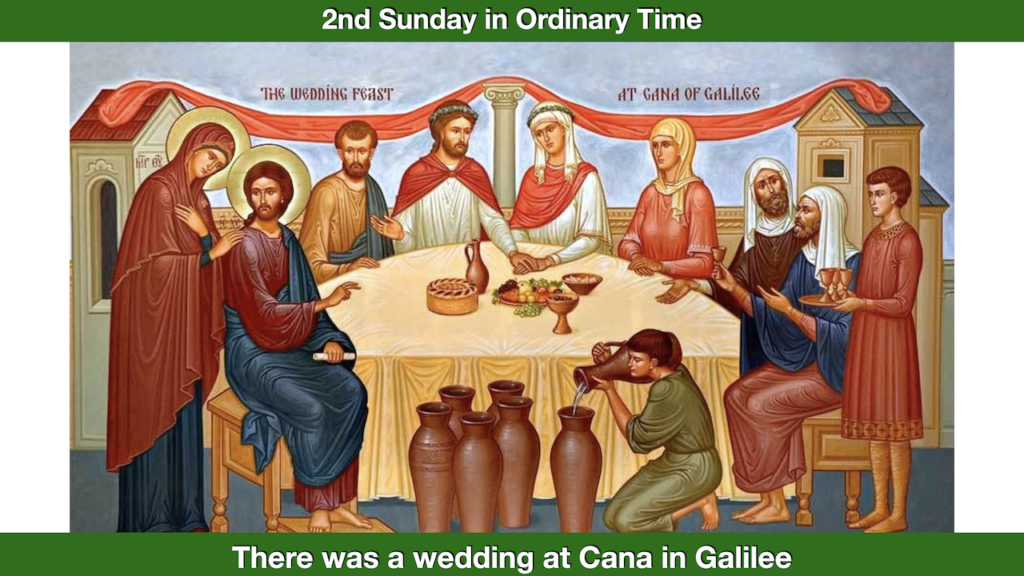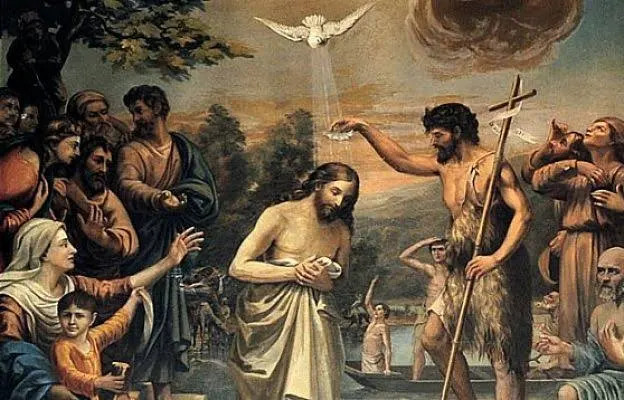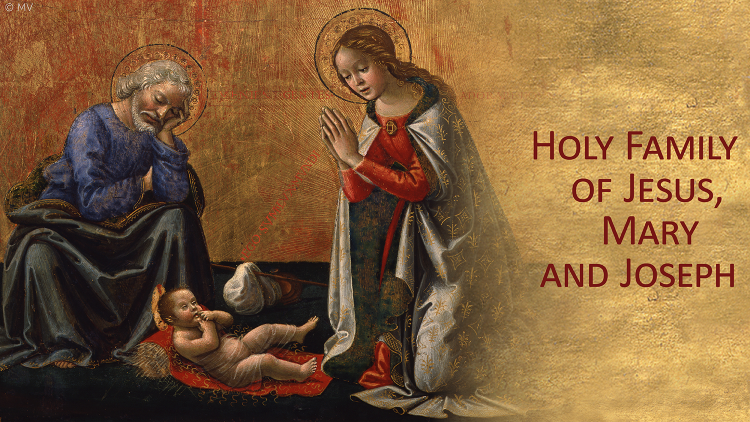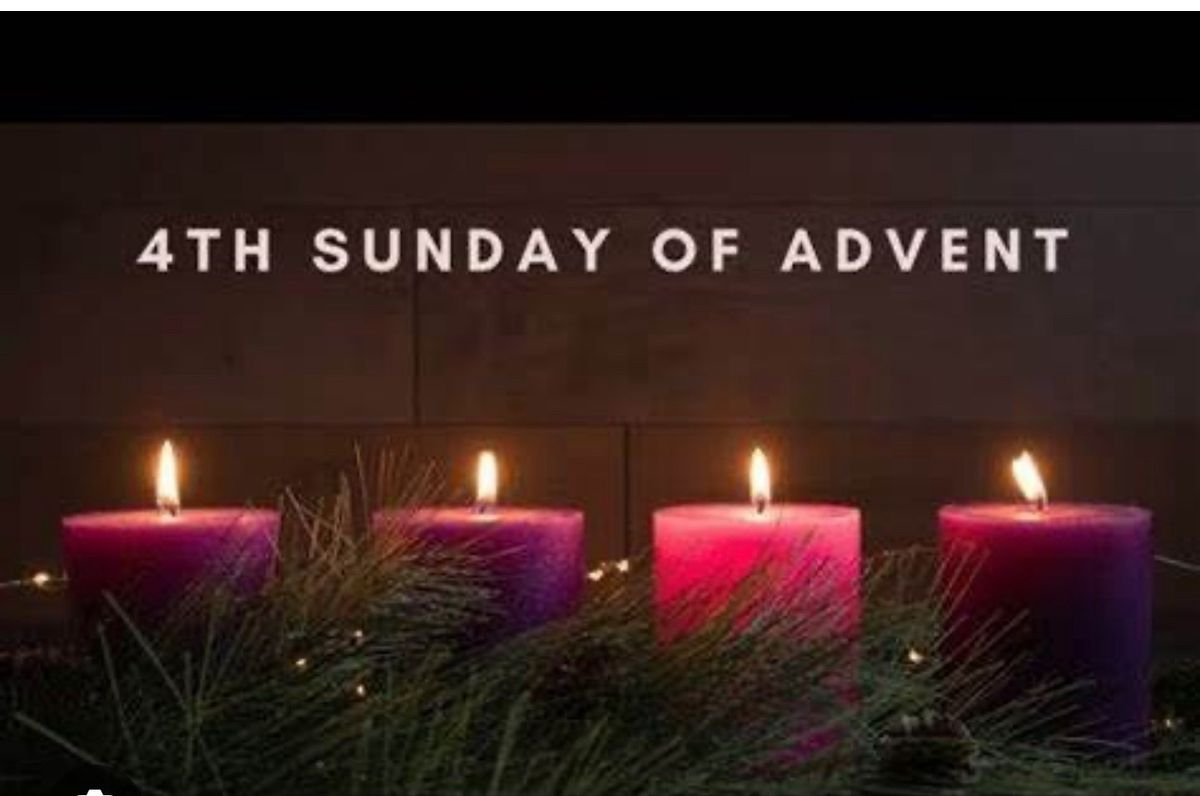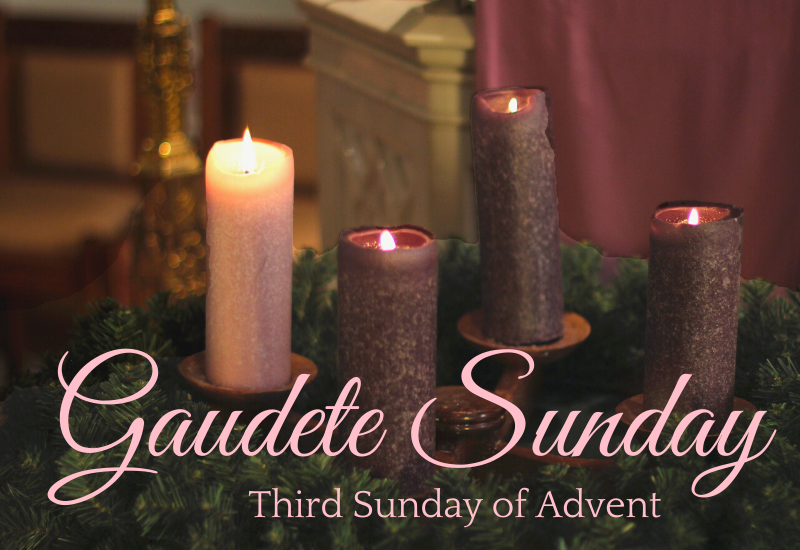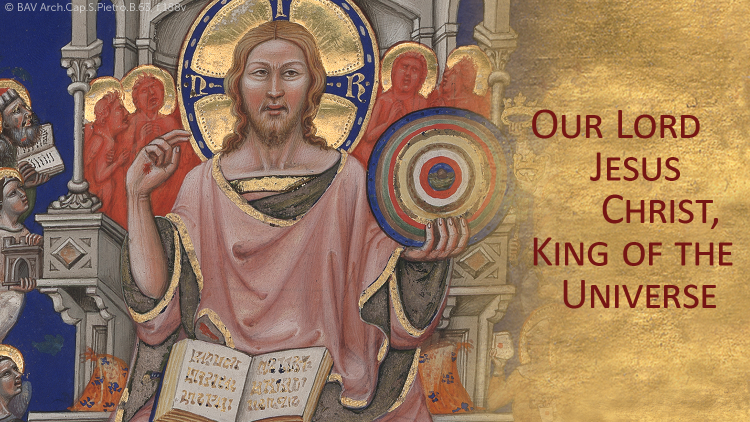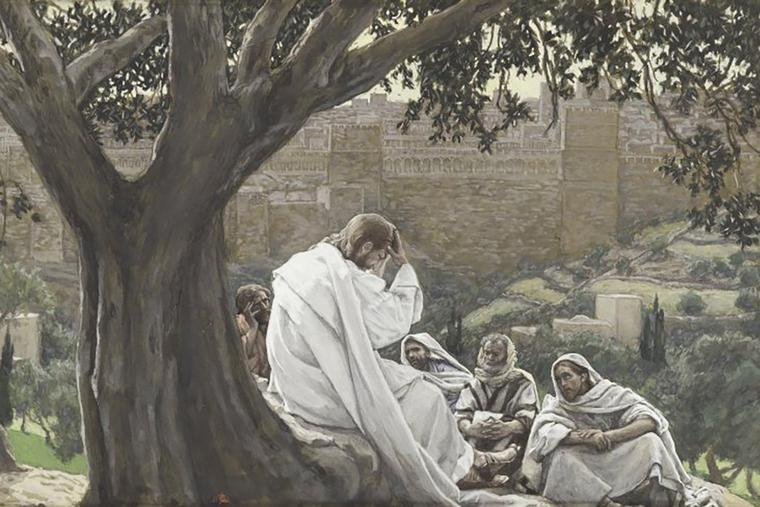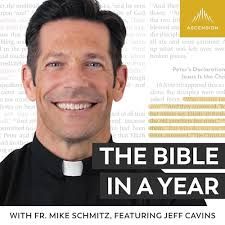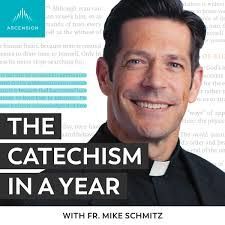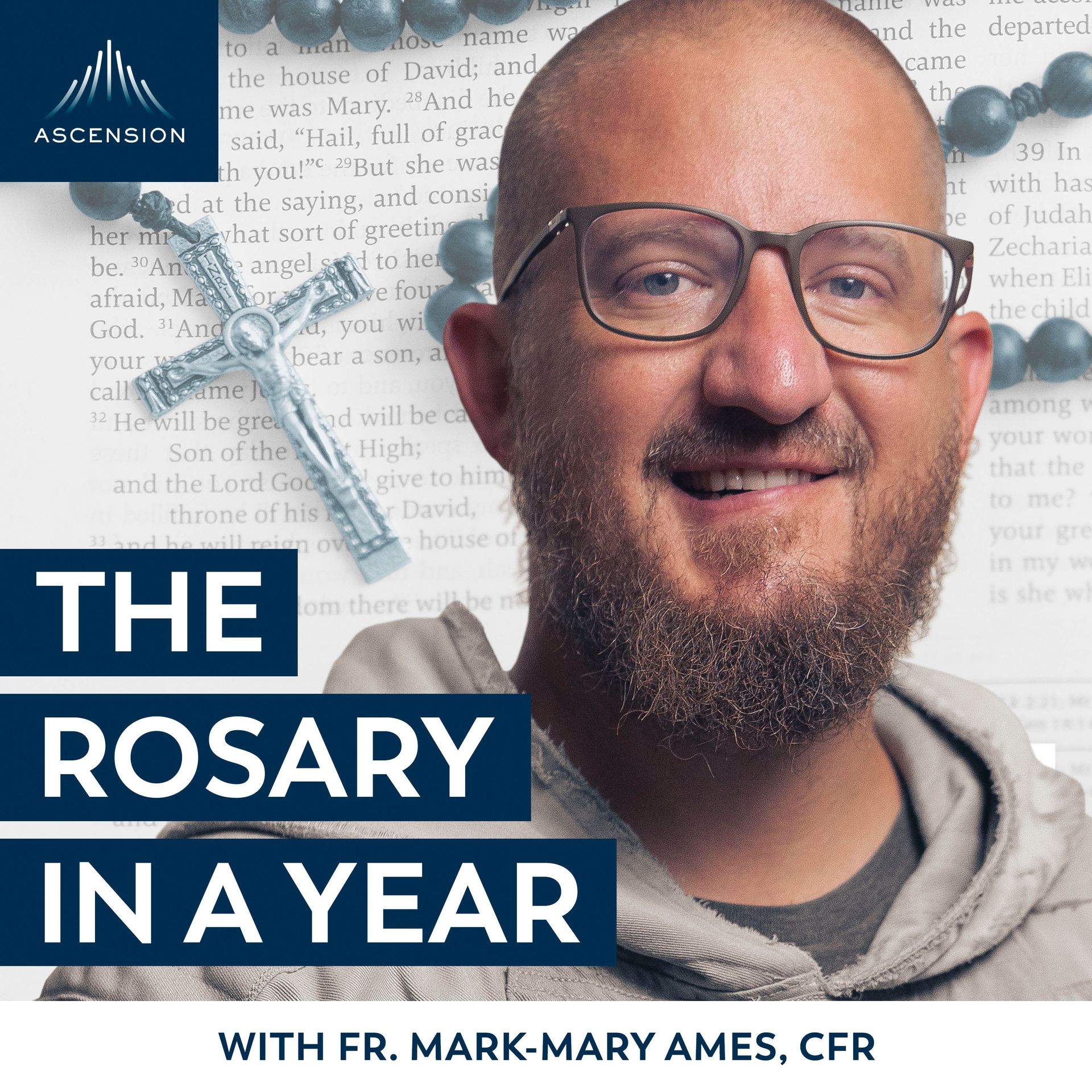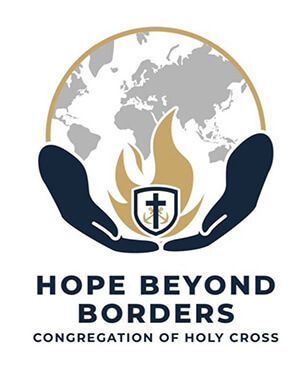Nineteenth Sunday in Ordinary Time, August 13, 2023
Dear Friends,
We are back on track to the Ordinary Times after a break to accommodate the Feast of the Transfiguration of the Lord, which took precedence over the 18th Sunday. Today we celebrate the 19th Sunday and we are treated to another amazing passage where Jesus walks on water and Peter does it too albeit briefly. Please do not forget that the Solemnity of the Assumption of the Blessed Virgin, Tuesday—August 15th, is a Holy Day of Obligation and we will offer 3 Masses: 8 a.m.; 12.05 p.m. and 7 p.m.
Let us continue to read together the Post-Synodal Apostolic Exhortation of Pope Benedict XVI entitled: Sacramentum Caritatis. This exercise of reading this beautiful exhortation of Pope Benedict XVI in easy digestible portions is intended to help us to gratefully appreciate anew the gift of the Eucharist!
Have a Blessed Week!
With Love
Fr. John
W e e k 7 — SA C R A M E N T U M C A R I T A T I S ( T H E SA C R A M E N T O F C H A R I T Y : T H E E U C H A R I ST )
CONTINUATION OF THE POST-SYNODAL APOSTOLIC EXHORTATION SACRAMENTUM CARITATIS
OF THE HOLY FATHER BENEDICT XVI TO THE BISHOPS, CLERGY, CONSECRATED PERSONS AND THE LAY FAITHFUL
ON THE EUCHARIST AS THE SOURCE AND SUMMIT OF THE CHURCH'S LIFE AND MISSION
P A R T O N E : T H E E U C H A R I ST — A M Y ST E R Y T O B E B E L I E V E D ( c on t i n u e d )
“This is the work of God: that you believe in whom he has sent.” (Jn 6:29)
THE EUCHARIST AND THE SACRAMENTS —THE SACRAMENTALITYOF THE CHURCH
- The Second Vatican Council recalled that "all the sacraments, and indeed all ecclesiastical ministries and works of the apostolate, are bound up with the Eucharist and are directed towards it. For in the most blessed Eucharist is contained the entire spiritual wealth of the Church, namely Christ himself our Pasch and our living bread, who gives life to humanity through his flesh – that flesh which is given life and gives life by the Holy Spirit. Thus men and women are invited and led to offer themselves, their works and all creation in union with Christ." (41) This close relationship of the Eucharist with the other sacraments and the Christian life can be most fully understood when we contemplate the mystery of the Church herself as a sacrament. (42) The Council in this regard stated that "the Church, in Christ, is a sacrament – a sign and instrument – of communion with God and of the unity of the entire human race." (43) To quote Saint Cyprian, as "a people made one by the unity of the Father, the Son and the Holy Spirit," (44) she is the sacrament of trinitarian
The fact that the Church is the "universal sacrament of salvation" (45) shows how the sacramental economy ultimately determines the way that Christ, the one Savior, through the Spirit, reaches our lives in all their particularity. The Church receives and at the same time expresses what she herself is in the seven sacraments, thanks to which God's grace concretely influences the lives of the faithful, so that their whole existence, redeemed by Christ, can become an act of worship pleasing to God. From this perspective, I would like here to draw attention to some elements brought up by the Synod Fathers which may help us to grasp the relationship of each of the sacraments to the eucharistic mystery.
THE EUCHARIST AND CHRISTIAN INITIATION
THE EUCHARIST, THE FULLNESS OF CHRISTIAN INITIATION
- If the Eucharist is truly the source and summit of the Church's life and mission, it follows that the process of Christian initiation must constantly be directed to the reception of this sacrament. As the Synod Fathers said, we need to ask ourselves whether in our Christian communities the close link between Baptism, Confirmation and Eucharist is sufficiently recognized. (46) It must never be forgotten that our reception of Baptism and Confirmation is ordered to the Eucharist. Accordingly, our pastoral practice should reflect a more unitary understanding of the process of Christian initiation. The sacrament of Baptism, by which we were conformed to Christ,(47) incorporated in the Church and made children of God, is the portal to all the It makes us part of the one Body of Christ (cf. 1 Cor 12:13), a priestly people. Still, it is our participation in the Eucharistic sacrifice which perfects within us the gifts given to us at Baptism. The gifts of the Spirit are given for the building up of Christ's Body (1 Cor 12) and for ever greater witness to the Gospel in the world. (48) The Holy Eucharist, then, brings Christian initiation to completion and represents the centre and goal of all sacramental life. (49)
THE ORDER OF THE SACRAMENTS OF INITIATION
- In this regard, attention needs to be paid to the order of the sacraments of initiation. Different traditions exist within the Church. There is a clear variation between, on the one hand, the ecclesial customs of the East (50) and the practice of the West regarding the initiation of adults, (51) and, on the other hand, the procedure adopted for (52) Yet these variations are not properly of the dogmatic order, but are pastoral in character. Concretely, it needs to be seen which practice better enables the faithful to put the sacrament of the Eucharist at the centre, as the goal of the whole process of initiation. In close collaboration with the competent offices of the Roman Curia, Bishops' Conferences should examine the effectiveness of current approaches to Christian initiation, so that the faithful can be helped both to mature through the formation received in our communities and to give their lives an authentically eucharistic direction, so that they can offer a reason for the hope within them in a way suited to our times (cf. 1 Pet 3:15).
INITIATION, THE ECCLESIAL COMMUNITY AND THE FAMILY
- It should be kept in mind that the whole of Christian initiation is a process of conversion undertaken with God's help and with constant reference to the ecclesial community, both when an adult is seeking entry into the Church, as happens in places of first evangelization and in many secularized regions, and when parents request the sacraments for their children. In this regard, I would like to call particular attention to the relationship between Christian initiation and the family. In pastoral work it is always important to make Christian families part of the process of initiation. Receiving Baptism, Confirmation and First Holy Communion are key moments not only for the individual receiving them but also for the entire family, which should be supported in its educational role by the various elements of the ecclesial (53) Here I would emphasize the importance of First Holy Communion. For many of the faithful, this day continues to be memorable as the moment when, even if in a rudimentary way, they first came to understand the importance of a personal encounter with Jesus. Parish pastoral programmes should make the most of this highly significant moment.
(41) Decree on the Ministry and Life of Priests Presbyterorum Ordinis,
(42) Propositio 14.
(43) Dogmatic Constitution on the Church Lumen Gentium,
(44) De Orat. Dom., 23: PL 4, 553.
(45) Second Vatican Ecumenical Council, Dogmatic Constitution on the Church Lumen Gentium, 48, ibid., 9.
(46) Propositio 13.
(47) Second Vatican Ecumenical Council, Dogmatic Constitution on the Church Lumen Gentium, 7.
(48) ibid., 11; Second Vatican Ecumenical Council, Decree on the Church's Missionary Activity Ad Gentes, 9, 13.
(49) John Paul II, Apostolic Letter Dominicae Cenae (24 February 1980), 7: AAS 72 (1980), 124-127; Second Vatican Ecumenical Council, Decree on the Ministry and Life of Priests Presbyterorum Ordinis, 5.
(50) Code of Canons ofthe Eastern Churches, can. 710.
(51) Rite of the Christian Initiation of Adults, General Introduction, 34-36.
(52) Rite of Baptism for Children, Introduction, 18-19.
(53) Propositio 15
